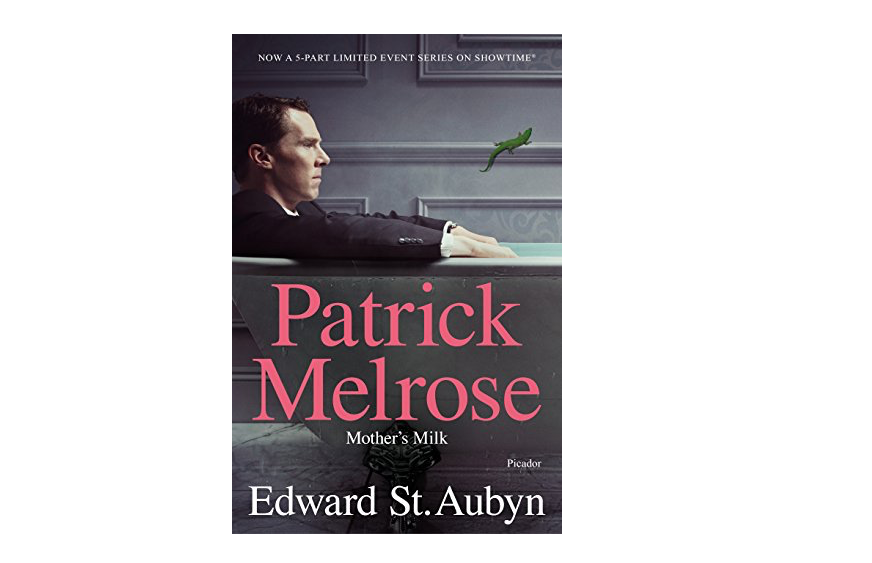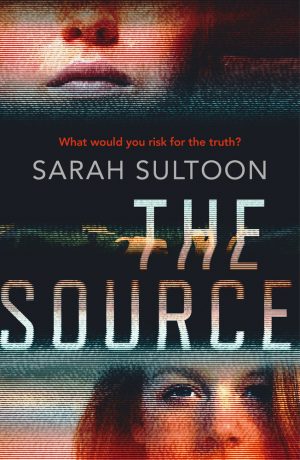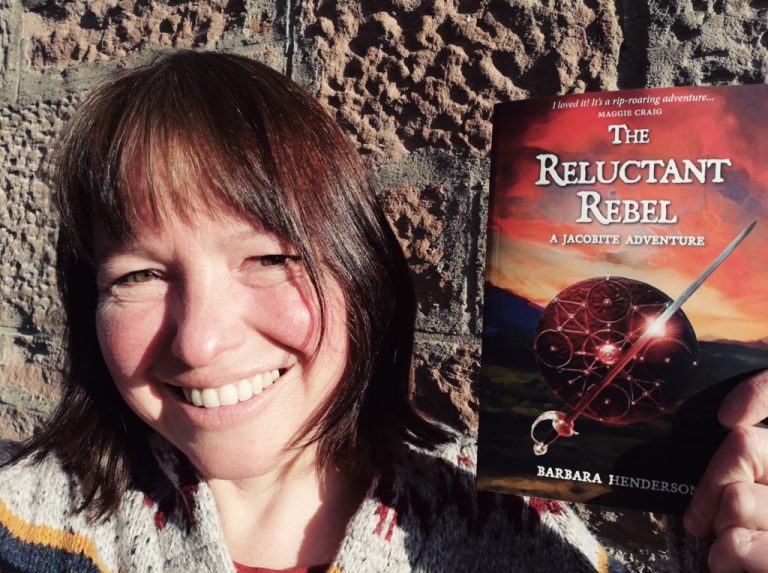
Even though it seemed pretty impossible, the story did progress to some resolutions which was really satisfying.
He definitely had a Tamazepam problem, namely, that it wasn’t strong enough.
What’s the book about?
That was the trouble with grown-ups: they always wanted to be the centre of attention, with their battering rams of food, and their sleep routines and their obsession with making you learn what they knew and forget what they had forgotten.
What I liked about the book
The writing is again thought-provoking and beautiful,
Whenever he was hurt he reverted to calling myself ‘you’, although he had discovered the proper use of the first person singular six months ago. Until then, he had referred to himself as ‘you’ on the perfectly logical grounds that everyone else did. He also referred to others as ‘I’, on the perfectly logical grounds that that was how they referred to themselves.
Eleanor believed more or less anything, as long as it was untrue.
This book takes kids seriously. They are not just accessories for adults’ lives or levers for a plot development. Their thoughts and feelings are as important as the ones of adult characters.
Unfortunately I wouldn’t, which is really a shame. This is a remarkable piece of real literature with unique deep writing but I personally just don’t know readers who can be OK with such stillness of the plot.
with its classic dark humor,
Mother’s Milk, the fourth book about Patrick Melrose took me the longest to read and was the first book in the series that actually made me doubt the decision to read any series at all. You get attached to the characters and so you keep paddling through the books even when you are not enjoying them anymore. At least that’s what’s been happening with me and Patrick Melrose books.
Genre: fiction about dysfunctional families. ⭐️Stars from Goodreads: 3.76. ⭐️Stars from me: 3.
and with its perfectly captured human nature.
As you might have guessed already, the lack of action in this book is close to a torture. It gets so boring that even the perfect writing and close-ups of disturbed souls don’t make up for it. The characters are like bugs frozen in amber. They are perfect and realistic, and yet you can’t get rid of the feeling that they are supposed to be doing something more in life.
Her profound inability to listen to anyone else was unhappily married to a hysterical concern about what other people thought of her.
It was easy to see what was sick, but it was so difficult to know what it meant to be well.
‘A man may smile and smile and be a villain.’
‘We think the purpose of a child is to grow up because it does grow up. But its purpose is to play, to enjoy itself, to be a child. It we merely look at the end of the process, the purpose of life is death.’
The fourth book focuses on a few important situations in Patrick’s life, mainly through the eyes of new and much younger characters. Just as all previous three books it only tells you about a couple of events that take place within quite a short period of time. Thus, all development of the story basically revolves around characters’ thoughts and feelings rather than their actions.
The kids
Noticing the arrival of her family, his grandmother organized her face into a smile, but her eyes remained detached from the process, frozen in bewilderment and pain.
…necessary egotism of someone who needed to get a self back in order to sacrifice it again.
Here are the reviews of the previous novels in the series: Never Mind, Patrick Melrose novel #1 , Bad News, Patrick Melrose novel #2, Some Hope, Patrick Melrose #3.
The resolutions
…she was going to dedicate her life to helping others, as long as they weren’t related to her.
What I liked less about the book
Mary was such a devoted mother because she knew what it felt like not to have one. Patrick also knew what it felt like, and as a former beneficiary of Mary’s maternal overdrive, he sometimes had to remind himself that he wasn’t an infant any more, to argue that there were real children in the house, not yet horror-trained; he sometimes had to give himself a good talking to. […] Being surrounded by children only brought him closer to his own childishness.
Would I recommend this book?
People died of feelings all the time, once they had gone through the formality of materialising them into bullets and bottles and tumours.
In the end, it was even harder to behave badly than to behave well. That was the trouble of not being a psychopath.






